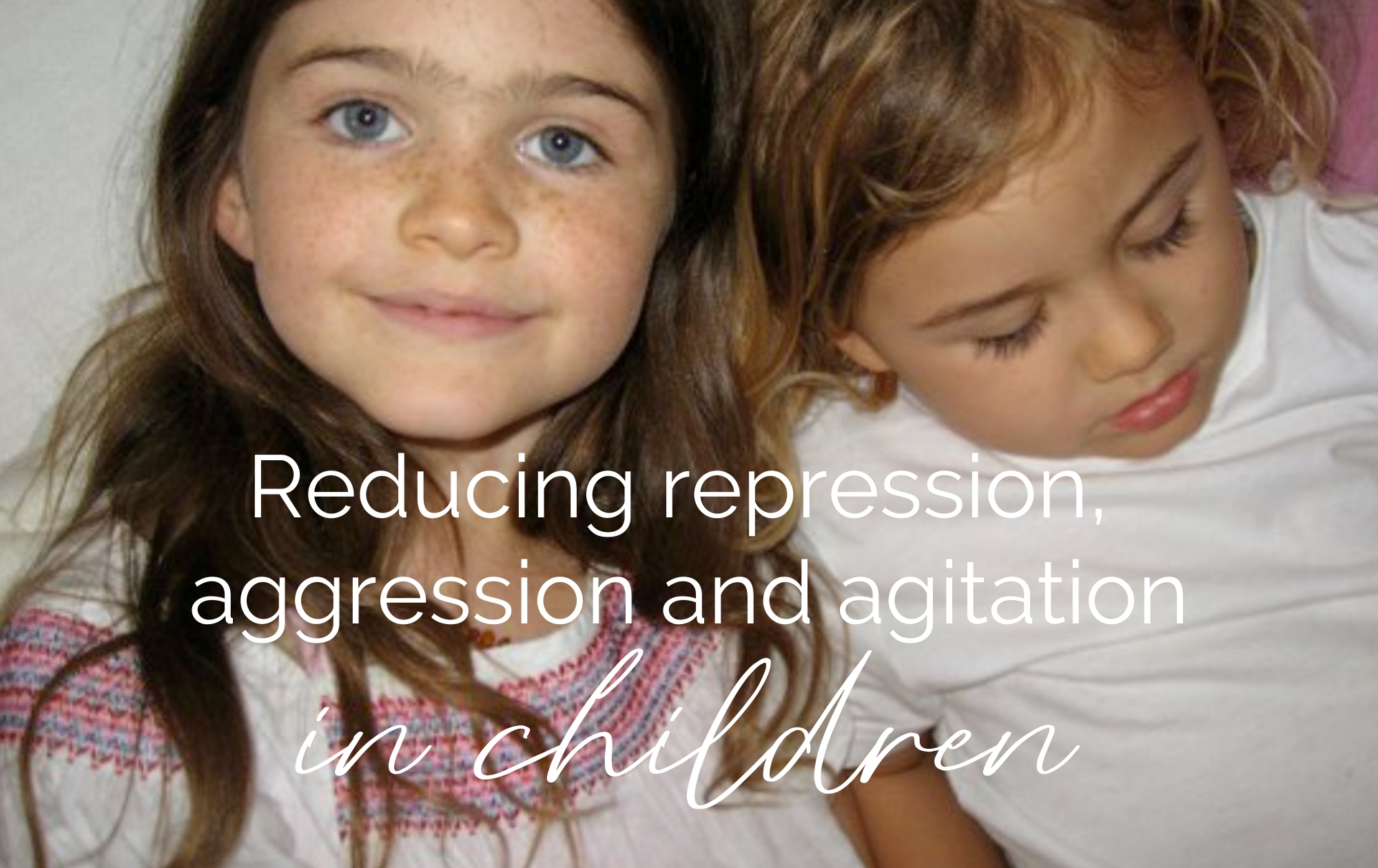As parents, when we have access to a compassionate understanding that all children have feelings to express as a result of daily stresses and bigger challenges,
and we have enough emotional capacity to listen with loving presence to their feelings,
children then naturally express feelings through talking, particular kinds of laughter and play, and through crying and tantrums.
When we don’t have as much understanding of these natural healthy expressions of feelings, or we don’t have the emotional capacity to listen to those feelings,
(because of our own unmet needs from living in a culture that doesn’t value or support parenting, or because of our own childhood feelings that inevitably arise for us as parents to be listened to);
then repression, accumulation or aggression can occur for our children.
Let’s have loads of compassion for ourselves here. Most of us live in a colonised, domination culture that for thousands of years has devalued the body and feelings.
Repression is when they repress their feelings. There are so many ways that this can happen; the most common forms are: eating when not hungry; distraction with talking lots, moving lots, or needing constant entertainment; thumb-sucking; the use of a dummy or pacifier; screen use; nose-picking; hair-twirling; repetitive actions; muscle tension; or clutching on to a soft toy or blanket.
Accumulation is when the unexpressed feelings accumulate in their body and they feel uncomfortable, agitated and antsy. This can show up in things like: hyperactivity; challenges concentrating or sitting still, such as at the dinner table; and in not feeling relaxed enough to go to sleep or stay asleep when they’re tired.
Aggression includes things like pinching, hitting, pushing, biting, roughness, taking, throwing, and harsh words.
When we increase our compassionate understanding of the value of children expressing their feelings in healthy ways,
and when we increase our own capacity to listen to those feelings of confusion, sadness, loss, disappointment, overwhelm, frustration and rage,
and we understand how to listen to their tears and tantrums, use attachment play and Loving Limits, the following can happen:
More present: when they’re repressing fewer feelings, a child is more present in their body. They make more eye contact, are able to be more connected with themselves and with others, and have more space to be open and curious about new experiences. They tend to be more aware of their body and less likely to knock into things or trip over.
More relaxed: with fewer accumulated feelings, they feel more at peace in their body, which means that they can sit still for periods of time, can concentrate for longer periods, feel more ease in cooperating, and are more relaxed and more able to go to sleep when they’re tired and stay asleep until their body has had the sleep they need.
More gentle: with less stress hormones and tension in their body, they can return to their natural calm awareness of their body and their relationships with others. They can more easily naturally care for, be considerate of, and gentle with, others, both human and other-than-human.
Asking ourselves to compassionately understand feelings, and to increase our capacity to stay present in our bodies when our child is feeling upset, is a big ask, given that we grew up in a culture that didn’t support that. We generally need opportunities to have our own feelings heard in order to be able to do this!
This information is all based on Aware Parenting, by Aletha Solter, Ph.D. I am a Level Two Aware Parenting Instructor.
If you want to learn more, I’m running a Masterclass called: “Reducing repression, aggression and agitation in children,”
on at 2pm on Sunday, 1st March in the Making Friends with Children’s Feelings Course.
Everyone already in the course gets access to it.
If you want to join, you get 22% off with the coupon code: 22%
If you’re reading this after that date, you can still access the Masterclass replay on the course FB page.
In this Masterclass, I will explain:
The three key ways children (and adults) respond to feelings;
How we can prevent agitation, repression and aggression happening in the first place;
The forms of agitation, including hyperactivity, not being able to sit still, or not feeling relaxed enough to go to sleep or stay asleep when tired;
What is needed from us when our child is agitated, to help them return to calm presence;
How repression mechanisms are acquired, including eating when upset, dummy/pacifer, thumb sucking, nose picking and screen use;
What is needed from us when our child is engaged in a repression mechanism, to help them return to connection with themselves and others;
The cause of aggression, including hitting, pushing, taking, throwing and biting;
What is needed from us to help them return to calmness and gentleness.
